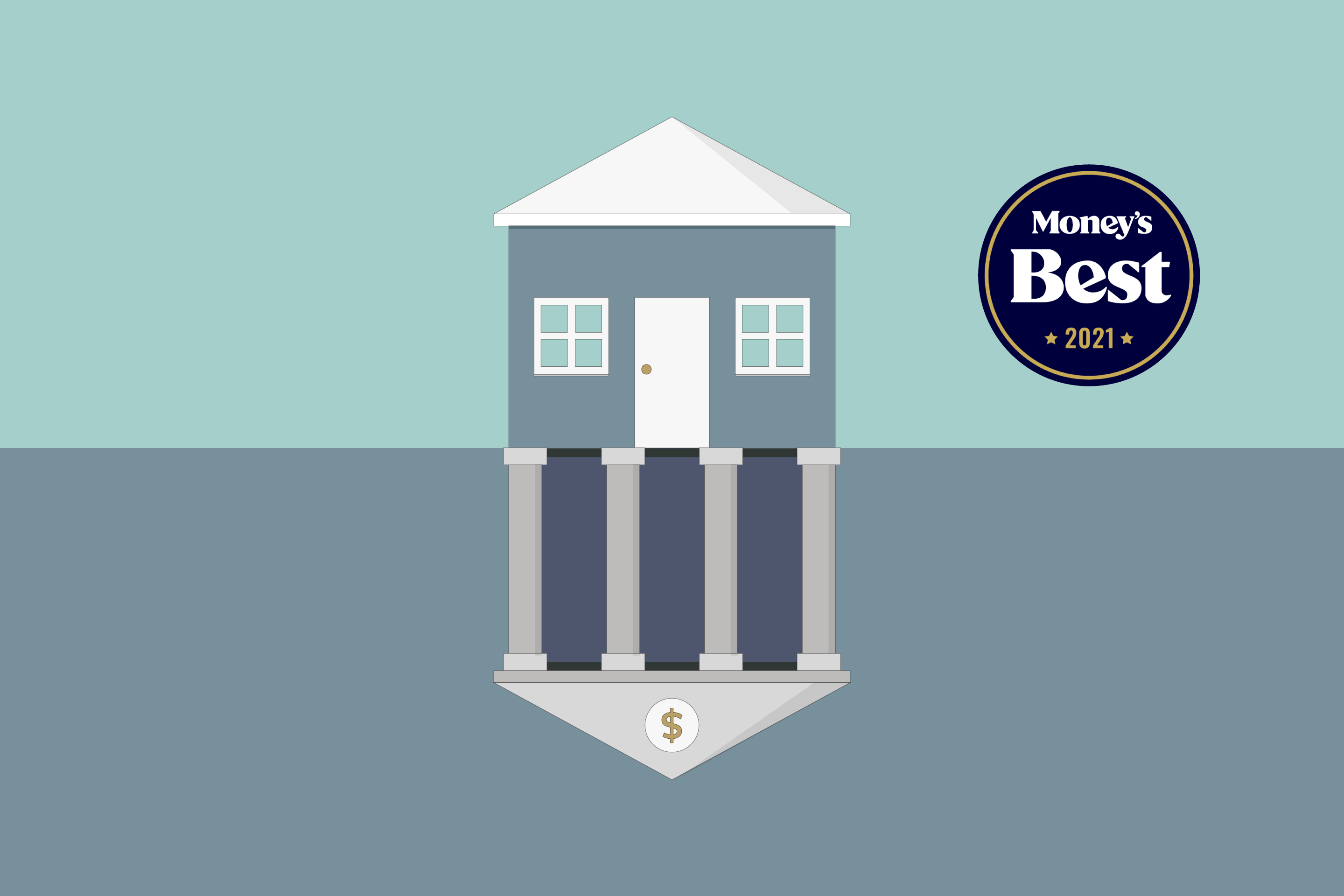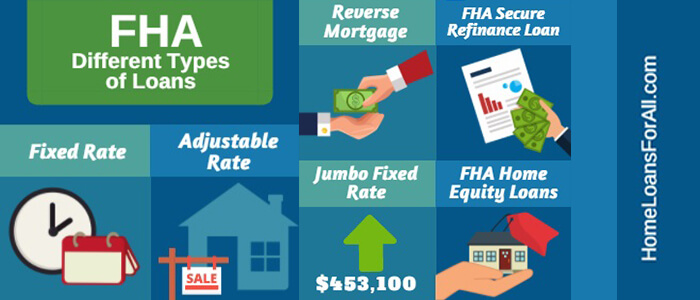Welcome to
On Feet Nation
Members
Blog Posts
Top Content
All about What Kinds Of Laws Prevented Creditors From Foreclosing On Mortgages
A Home Loan Cash Flow Obligation (MCFO) is a type of home mortgage pass-through unsecured general obligation bond that has a number of classes or tranches. MCFOs use cash flow from a pool of home loans that create income to repay financiers their principal plus interest. Payments are gotten from mortgages in the pool and passed on to holders of the MCFO security.
MCFOs do not hold a lien on the home loans held by the security. They are simply bound by agreement to utilize the earnings from the mortgages to pay their financiers. MCFO owners have no legal rights to the actual underlying mortgages, thus MCFOs are riskier than CMOs. Like CMOs, MCFOs are a form of mortgage-backed security produced through the securitization of individual domestic mortgages that draw interest and primary payments from that specific swimming pool of home mortgages.
Like CMOs, MCFOs package mortgages into groups with different payment attributes and run the risk of profiles called tranches. The tranches are paid back with home loan principal and interest payments in a specified order, with the highest rated tranches coming with credit enhancement, which is a type of defense versus prepayment risk and repayment default.
The specified maturities of MCFO tranches are identified based on the date when the final principal from a pool of home mortgages is expected to be paid off. But maturity dates for these types of MBS do not consider prepayments of the hidden mortgage and thus might not be a precise representation of MBS risks.

CMOs, MCFOs and other non-agency mortgage-backed securities those home loan bonds not backed by the government-sponsored business Fannie Mae, Freddie Mac or Ginnie Mae - were at the center of the monetary crisis that led to the insolvency of Lehman Brothers in 2008 and led to trillions of dollars in losses on home loan loans and millions of house owners losing their homes to default.
In December 2016, the SEC and FINRA revealed brand-new rules to moisten MBS threat with margin requirements for CMO and related MBS deals.
Why Do Holders Of Mortgages Make Customers Pay Tax And Insurance for Beginners
A home loan pool is a group of home loans held in trust as collateral for the issuance of a mortgage-backed security. Some mortgage-backed securities provided by Fannie Mae, Freddie Mac, and Ginnie Mae are referred to as "swimming pools" themselves. These are the simplest type of mortgage-backed security. They are likewise called "pass-throughs" and sell the to-be-announced (TBA) forward market.
Home loan swimming pools, which are groups of home mortgages, tend to have similar characteristics, such as issuance date, maturity date, and so on. While mortgage-backed securities are backed by mortgage security with similar qualities, collateralized debt obligations are backed by collateral with varying attributes. An important benefit of home mortgage pools is that they supply investors with diversification.
Home mortgage pools are consisted of home mortgages that tend to have comparable characteristicsfor circumstances, they will typically have near the very same maturity date and interest rate. Once a lending institution completes a home mortgage transaction, it usually offers the mortgage to another entity, such as Fannie Mae or Freddie Mac. Those entities then package the home loans together into a home mortgage swimming pool and the home loan pool then serves as collateral for a mortgage-backed security.
A CDO is a structured financial product that pools together money flow-generating assets and repackages this asset swimming pool into discrete tranches that can be sold to financiers. A collateralized debt commitment is named for the pooled assetssuch as home loans, bonds and loansthat are essentially debt commitments that act as security for the CDO.
Mortgage swimming pool funds are good for investors seeking property direct exposure since they are a low-risk investment that moves separately of a stock and bonds and provide a predictable monthly income. Home loan swimming pool fund loans are protected by real estate default on timeshare and are described as tough money due to the fact that unlike the majority of bank loans (which rely on the credit reliability of the debtor), difficult cash loans think about the worth of the underlying home.
Because of their much shorter terms, difficult money loans are less prone to being impacted by rates of interest swings, which means it is a more foreseeable and trusted cash circulation. Like mentioned above, mortgage pool funds differ, where some concentrate on specific home types, while some are more basic. These distinction can affect threat and return, so Great site it is very important to investigate the various mortgage pools prior to diving in.
Indicators on What Are Brea Loans In Mortgages You Need To Know

There's absolutely nothing much better than marching your back door on a hot summer day and jumping in your own swimming pool. However take care when aiming to buy or re-finance a home with a swimming pool. That swimming pool can trigger hold-ups in the mortgage procedure, or drown your loan application altogether.
Stubrud worked with a customer who desired a reverse home loan, but had an empty, aging swimming pool on the property. Reverse home mortgages follow FHA guidelines, which are specific about swimming pools. "They don't desire it to be a health hazard or a security risk that there's a huge open hole in the ground." So what did the client do? "How they managed it was that they filled it in," says Stubrud.
The pool disappeared. There were no other choices for this aging homeowner who didn't have the cash to get the swimming pool in working order. But Stubrud states the client did bring up an alternative concept. "They really wished to keep it and they were going have this subterranean greenhouse.
Many house owners believe that what's on your property is your company. While that's partially real, you welcome analysis to nearly every inch of a home when you choose to fund it with the lending institution's money. It holds true for FHA loans as well as any other loan type. It comes down to safety.
A swimming pool that is a falling danger or is a breeding ground for bacteria is a threat to the health of the residents. Not to mention it opens the house owner up to lawsuits (after my second mortgages 6 month grace period then what). The very same requirements would apply to things like a missing out on stairs outside the back door, missing out on handrails, or exposed lead-based paint.
Fixing the swimming pool to get it into working order will enable the loan procedure to continue. When purchasing a house, this could be a difficult situation. It's dangerous to utilize your own funds to make repair work on a home that's not yours yet particularly pool repairs which can range from a couple of hundred to a few thousand dollars - mortgages or corporate bonds which has higher credit risk.
The Only Guide to How Can Mechanics Leins Achieve Priority Over First Mortgages
There may be another method to make repairs, nevertheless. "The borrower will require to get a bid for the essential repairs," says Sarah Bohan, VP of Corporate Relations at MSU Federal Credit Union. "If the repairs are set up to take place after the closing, the lending institution will normally ask for to hold 1.
You get back any cash left over after everything's done. However don't count on this service, says Bohan. "Lots of loan providers are not able to permit for repairs after the mortgage closes because they sell their loans on the secondary market and require to deliver the loan within a set timeframe." Make certain your loan provider enables for repairs after closing prior to you agree to buy a home with a shabby pool.
© 2024 Created by PH the vintage.
Powered by
![]()
You need to be a member of On Feet Nation to add comments!
Join On Feet Nation